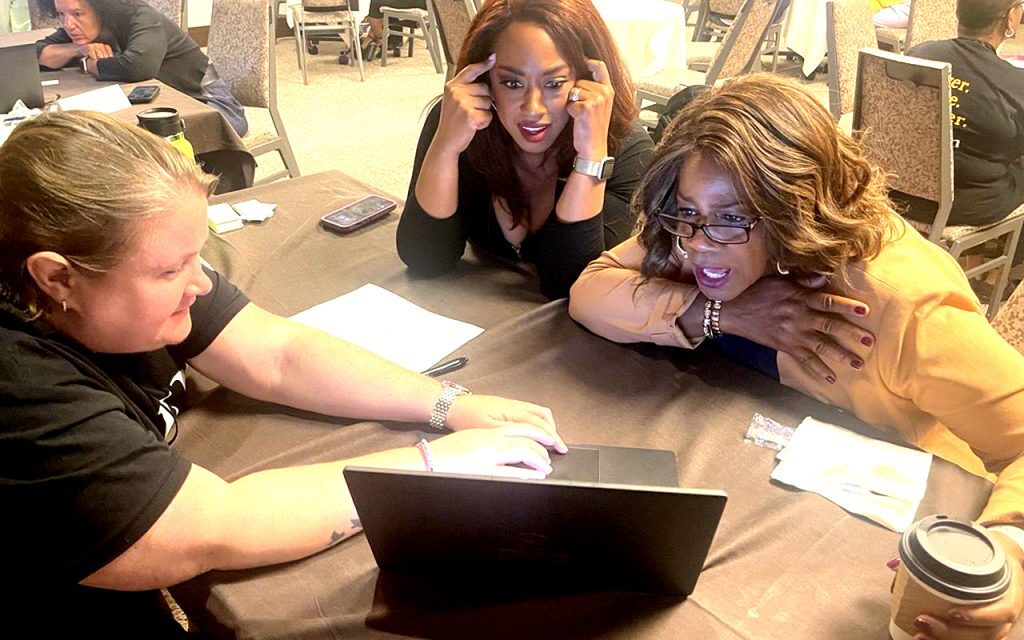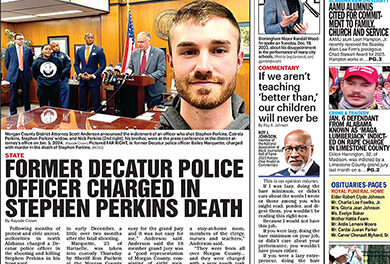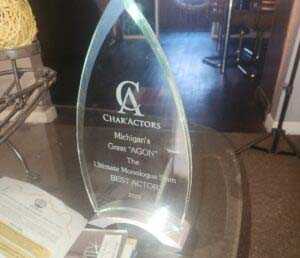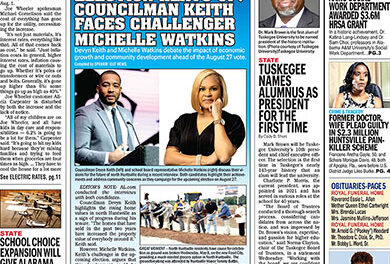By Cody D. Short
A project called, ‘10 Million Names’, will work to uncover the names of ten million people of African decent who were enslaved during the 1500s until 1865, in the United States.
The announcement was made during the National Association of Black Journalist’s Convention and Career Fair in Birmingham. Ryan Woods, the vice president of American Ancestors, a sponsoring company of the 10 Million Names project, said many people want to know more about their family tree, but that many African Americans’ knowledge stops at 1865. Descendants of enslaved people have historically struggled to track their ancestry due to the inhumane brutality of the slave trade, splitting of families, lost records, and many other consequences due to the brutal historical treatment of Black people.
Woods emphasizes that the goal is to gather the information that an individual does know about their family and start working backwards.
“We think about this project in three categories. Roughly 400,000 people who were a part of the Transatlantic slave trade before 1808, then about 5.6 million people who were born into slavery, and died before Emancipation. Then four million people who were freed after 1865. Those three categories is how we get to the number 10 million,” he said.
Woods said the project will likely take years to find those 10 million names.
The initiative will centralize genealogical and historical information about enslaved people and their families through the project’s website. This will help people who have been searching for answers to their family history questions, access data, resources, and information about enslaved Africans.
he 10 Million Names project is a collaborative effort with numerous partners like FamilySearch, which will help with creating the online family tree component of the database when users insert their family data.
There are five core flagship pillars that will help guide the project to finding ten million names:
1. Making America: Records of Enslaved Laborers within and beyond the Plantation
2. On the Battlefield: Records of Soldiers, Veterans, and Refugees
3. Journeys to Liberation: Records of Mariners, Migrants, and Freedom Seekers
4. Community Building: Records and Black Institutions
5. Remembering Slavery: Testimonials after Emancipation
The 10 Million Names’ advisory board includes Harvard scholar, Dr. Henry Louis Gates Jr., who is also known for hosting the popular PBS show, Finding Your Roots. The series highlighted surprising information to celebrity guests about their ancestry.











